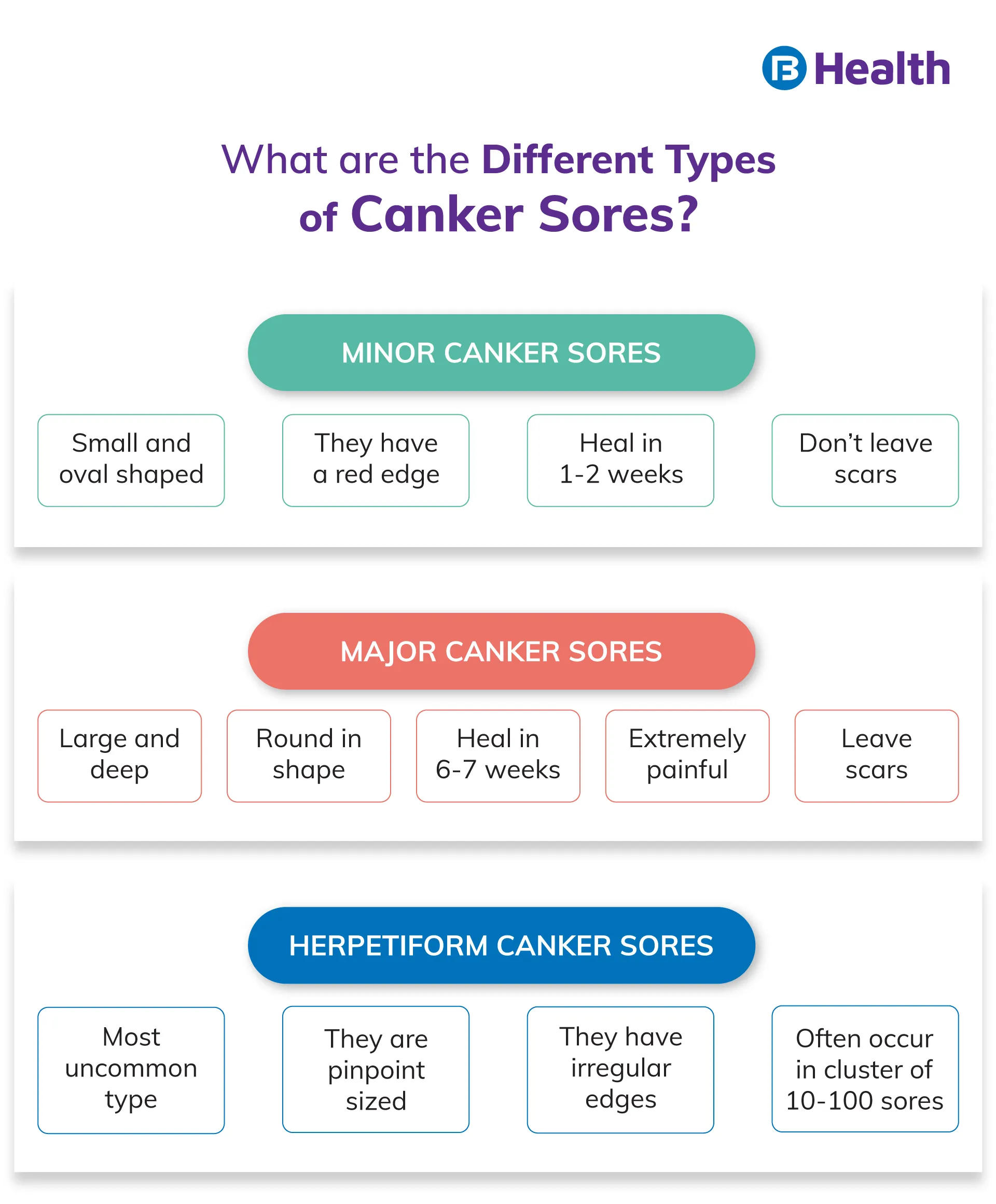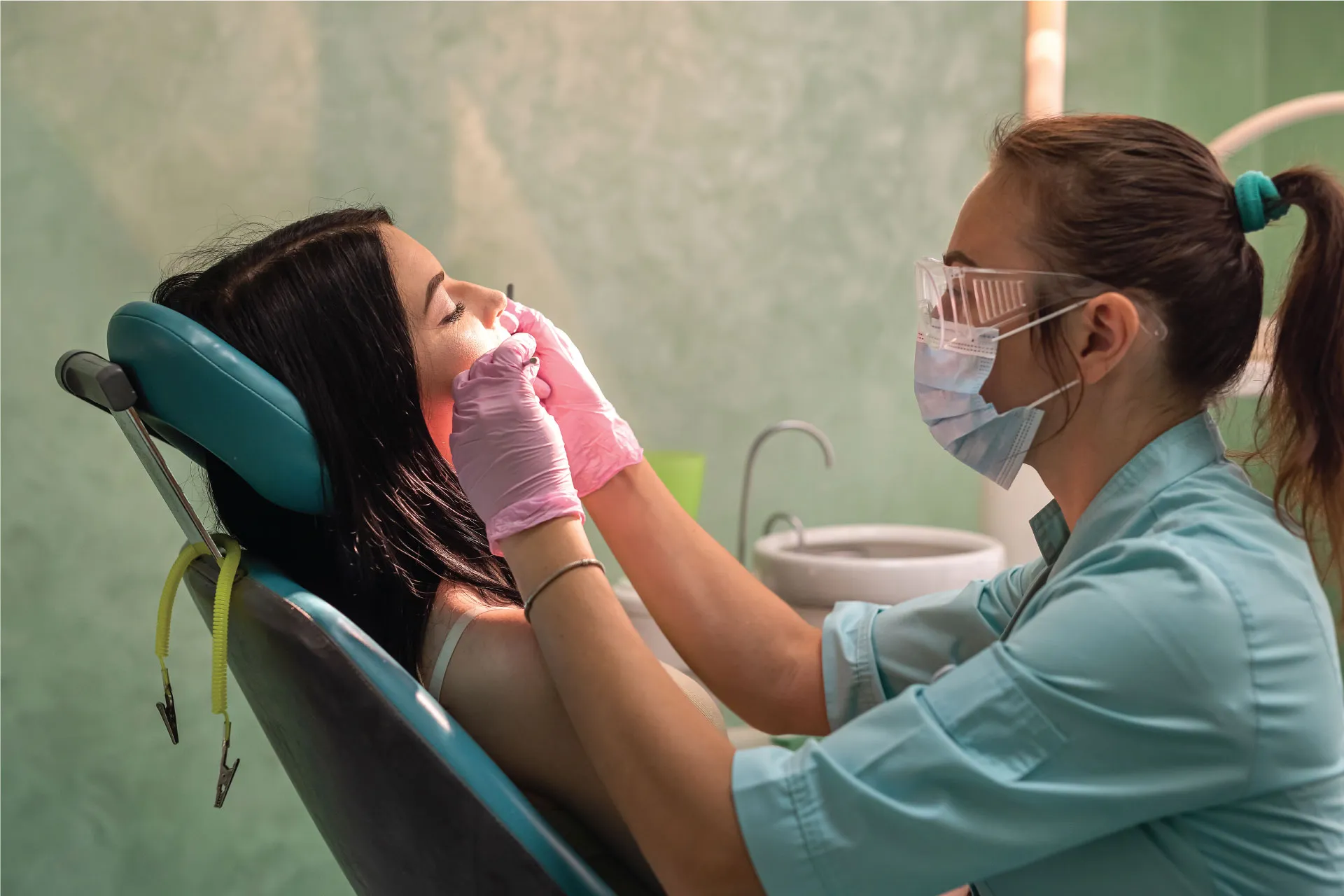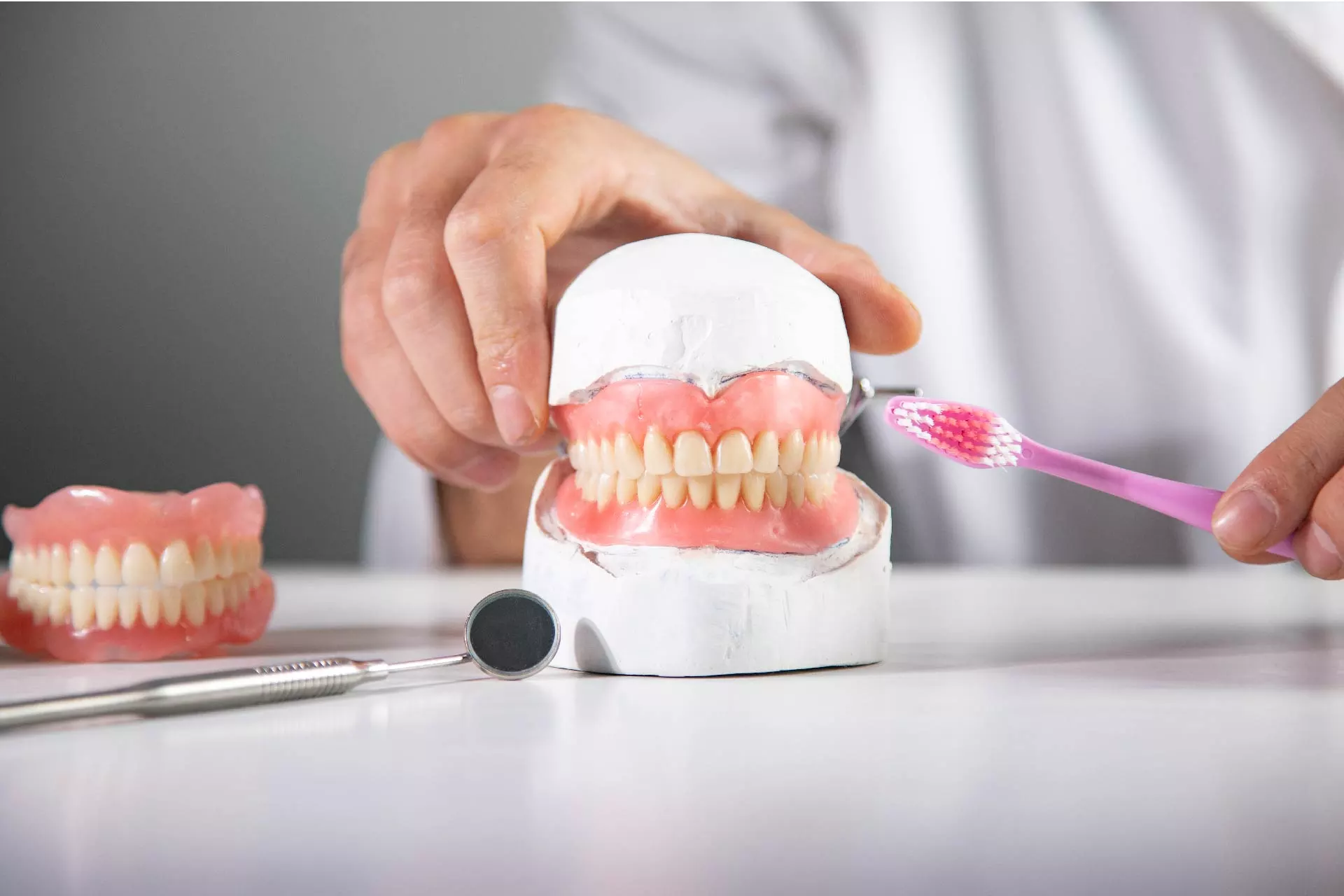Implantologist | 6 min read
Canker Sores: Causes, Home Remedies, Risk Factor, Diagnosis
Medically reviewed by
Table of Content
Synopsis
A canker sore is a form of mouth ulcer. One of the most common oral problems is canker sores. Although they are not contagious and easily treatable, they can cause discomfort and pain.
Key Takeaways
- Canker sores form on the lining of the mouth and look like white-reddish inflamed spots
- They are non-contagious inflammations that go away on their own
- If a canker sore doesn't heal on its own, it is essential to check with your doctor
In medical terms, a canker sore is a specific kind of mouth or aphthous ulcer. One of the most prevalent oral health issues is canker sores. Canker sore affect many people from time to time. They are inflamed white-reddish spots that form on the mucous membrane lining the mouth. Two to four canker sores frequently appear at the same time. They are painful but usually heal independently and do not cause any problems.
Canker sores only recur in 20-30% of people. [1] Some people develop canker sores again after a few weeks, while others may suffer from them months or years later.
Canker Sores vs Cold Sore
Cold sores resemble canker sores. However, cold sores can appear outside your mouth, unlike canker sores. Cold sores initially begin as blisters and progress to sores after the blisters pop.
There is no particular cause for canker sores, but the herpes simplex virus causes cold sores. This virus lives within your body and can be activated by stress, exhaustion, or sunburns. As a result, you can get cold sores on your lips, eyes, and nose. Cold sores are highly contagious, while canker sores aren't.
Additional read: Oral Thrush Symptoms
Symptoms of Canker Sore
Symptoms of canker sores include:
- A small oval-shaped white or yellow ulcer in your mouth
- A painful red spot in your mouth
- A burning or tingling sensation in your mouth
Other canker sore symptoms that may be present in some cases include:
- Fever
- General unwell feeling
- Swollen lymph nodes swollen
Canker Sore Types
Its symptoms may vary depending on their type.
Minor Canker Sores
Minor canker sores are the most prevalent kind of canker sores. Even though they can be uncomfortable, around 1 to 2 weeks after they appear, they usually go away on their own without leaving any scars.
Minor canker sore symptoms include:
- Tiny, oval-shaped bumps inside the mouth
- A tingling or burning sensation
- Pain when speaking, eating, or drinking
Major Canker Sores
Major canker sores can cause more severe symptoms than minor ones, though they are less common. In addition, they may leave scars and can take up to four weeks to heal.
Major canker sore symptoms include:
- Large, round bumps inside the mouth
- Burning sensation and inflammation in the mouth
- Severe pain
- Difficulty speaking, eating or drinking
Herpetiform Canker Sores
Herpetiform canker sores are extremely rare. Only about five per cent of people who develop canker sores are affected by this type. [2]
They can merge and form clusters in rare cases. If this happens, healing could take several weeks and may increase the risk of scarring.
Herpetiform canker sore symptoms include:
- Clusters of pinpoint-sized round bumps inside the mouth
- Burning sensation or tingling in the mouth
- Pain that worsens with talking, chewing, or drinking
Causes and Risk Factors of Canker Sore
Researchers have not yet provided a scientific explanation for canker sores.
Canker sore causes cannot always be determined. However, some factors that are known to be involved are listed below:
- Stress
- Allergies
- Family history
- Viral Infection
- Menstrual cycle
- Weakened immunity
- Hormonal changes
- Food hypersensitivity
- Physical trauma, like damage to the mouth during dental treatment
- Nutritional deficiencies such as low iron, folic acid, zinc, and vitamin B12
- Underlying medical conditions like inflammatory bowel disease
Diagnosis of Canker Sore
A physical exam and your medical history are usually enough to make a diagnosis. In addition, your doctor may want to test your blood to see if the sores are caused by a vitamin deficiency or another health condition.

Complications of Canker Sore
If your canker sore does not heal within a few weeks, more severe complications may arise, such as:
- Pain or discomfort when speaking, eating, or brushing your teeth
- Sores on the outside of your mouth
- Fever
- Fatigue
- Cellulitis
Consult a doctor if your canker sore is causing immense pain or interfering with your daily life, and even home remedies aren't working. Also, consider consulting if additional complications appear within a week or two of the sore's appearance. Bacterial infections can spread and cause more severe problems, so it's critical to treat a possible bacterial cause of a canker sore as soon as possible.
Home Remedies for Canker Sore
Some home remedies that work against canker sores are as follows:
- Try applying ice or small amounts of milk of magnesia to the sores. It helps to relieve pain and promotes healing
- Rinse your mouth with a mixture of warm water and baking soda (one teaspoon per half cup of water)
- Honey is effective in the treatment of canker sores
- If canker sores appear due to stress, try stress reduction and calming techniques like deep breathing and meditation
Treatment of Canker Sore
Canker sore treatment includes over-the-counter and prescription medications. Also, your doctor may advise you to try one or more of the following canker sore treatments:
- Topical anaesthetics: like benzocaine
- Mouthwashes: with hydrogen peroxide, chlorhexidine, or dexamethasone
- Corticosteroid ointments: like fluocinonide, beclomethasone, or hydrocortisone
- Antibiotics: like doxycycline
- Nutritional supplements: If you have canker sores due to nutritional deficiencies, your doctor may advise you to take specific vitamins or supplements
- Cautery: Your doctor may also advise cauterization for severe canker sores (burning the affected tissue). This can sterilize the area, alleviate pain, and fasten the healing
Consult your doctor to determine if you are deficient in vitamins or minerals. They can assist you in developing an appropriate diet plan and, if necessary, prescribe individual supplements.
Additional read: Black Spots On The TonguePrevention for Canker Sore
Avoiding foods that may have previously triggered an outbreak can prevent canker sores. These may include spicy, salty, or acidic foods. Also, avoid foods that trigger allergic symptoms like itching, swollen tongue, or hives. To avoid irritating your gums and soft tissue, maintain good oral hygiene and use a soft toothbrush.
If you experience any of the following, consult your doctor or dentist:
- Large sores
- A sore outbreak
- Excruciating pain
- High fever
- Diarrhoea
- Rash
- Headache
If you cannot eat or drink, or if your canker sore has not healed within three weeks, seek medical attention to rule out having other severe infections like oral thrush or other conditions like black spots on the tongue.
Canker sores are unpleasant and sometimes painful with multiple root causes and typically heal without treatment. However, if your canker sore doesn't heal within a few weeks or if you experience any extreme symptoms, you should see a doctor. To make this process easier, Bajaj Finserv Health offers online doctor consultations for you to talk to any specialist from the comfort of your home.
References
- https://www.ncbi.nlm.nih.gov/pmc/articles/PMC4002348/
- https://www.aaom.com/index.php%3Foption=com_content&view=article&id=82:canker-sores&catid=22:patient-condition-information&Itemid=120#:~:text=Herpetiform%20Aphthous%20Stomatitis%3A%20This%20form,in%20just%20over%20one%20week.
Disclaimer
Please note that this article is solely meant for informational purposes and Bajaj Finserv Health Limited (“BFHL”) does not shoulder any responsibility of the views/advice/information expressed/given by the writer/reviewer/originator. This article should not be considered as a substitute for any medical advice, diagnosis or treatment. Always consult with your trusted physician/qualified healthcare professional to evaluate your medical condition. The above article has been reviewed by a qualified doctor and BFHL is not responsible for any damages for any information or services provided by any third party.




